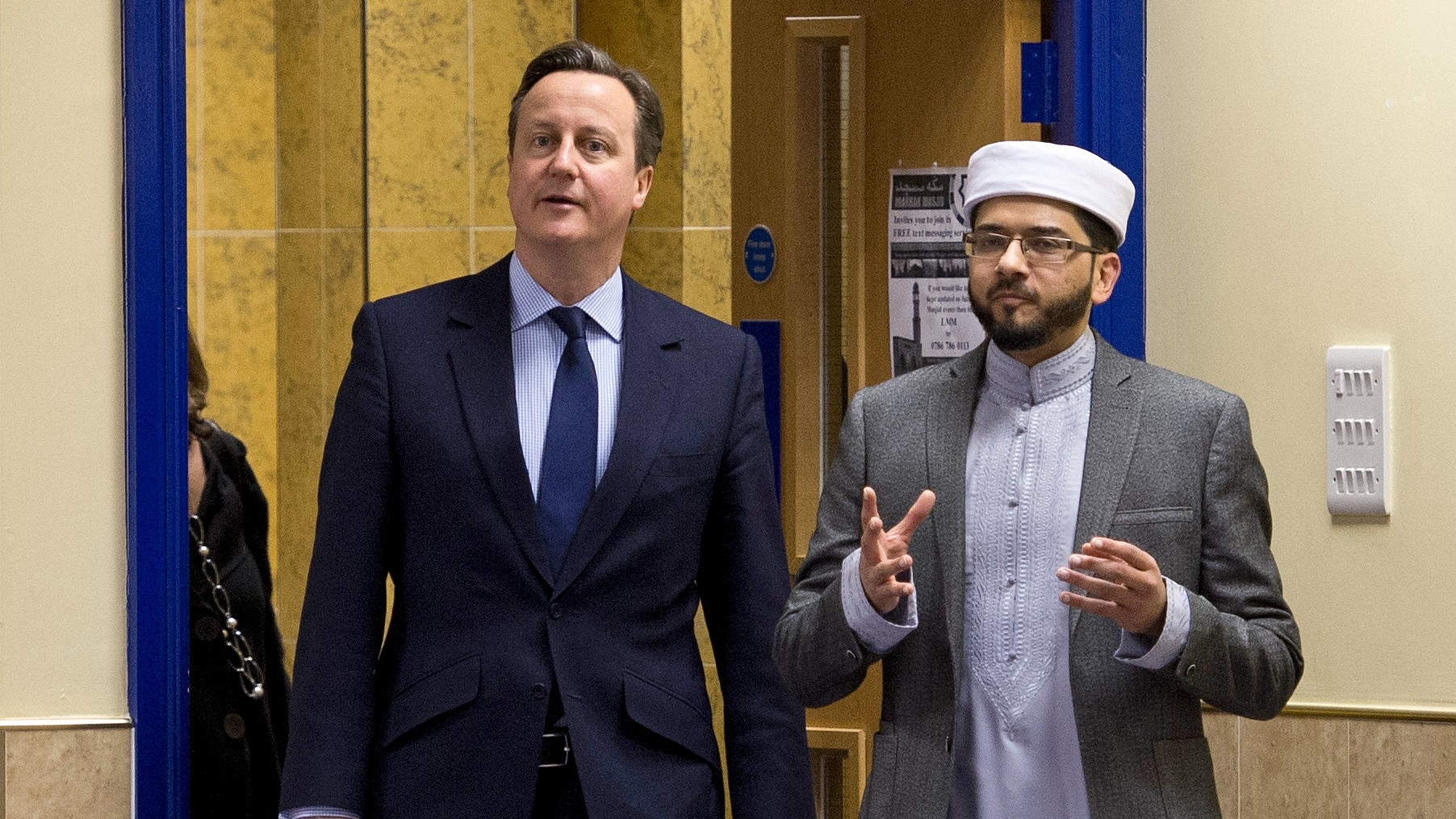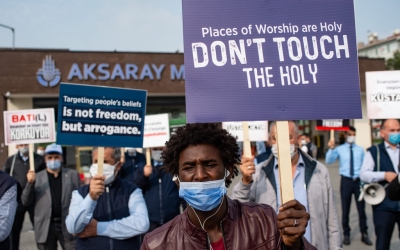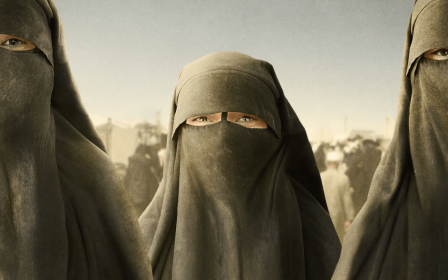UK government dismisses anti-Islamophobia adviser after condemning 'derogatory' film

The UK government on Saturday dismissed a Muslim imam who served as an official adviser after he supported protests against a film about the daughter of the Prophet Muhammad that has caused a backlash.
A major UK cinema chain cancelled all screenings of the film Lady of Heaven on Tuesday after British Muslims led a number of peaceful protests against it being shown.
The protests, attended by Sunni and Shia Muslims, centred on the claim that the film inaccurately depicts early Muslim history, negatively portrays three of Islam's most important figures and stokes sectarian hatred.
Qari Asim, an independent government adviser on Islamophobia and deputy chairman of the Anti-Muslim Hatred Working Group, had joined the condemnation of the film and supported the call for protest.
"All agree that the movie is derogatory, and uses sectarian and racist narratives," the Leeds-based imam said on a Facebook post on Monday.
"Freedom of speech is important and all citizens should be able to exercise their freedoms within the law. This movie could potentially fuel hatred, sectarianism and extremism, which none wants to see in our country, and we must all avoid that."
Asim was terminated from his government appointment "with immediate effect," the Department of Levelling Up said in a letter to the imam published on Saturday.
"Your recent support for a campaign to limit free expression - a campaign which has itself encouraged communal tensions - means it is no longer appropriate for you to continue your work with Government in roles designed to promote community harmony," the letter said.
It added that it was "disappointed" that Asim had not condemned reports of "sectarian chanting and anti-Shia hatred" at the protests.
'Divisive and sectarian'
Lady of Heaven, which was released on 3 June in the UK, opens with the invasion of Iraq by the Islamic State group and then attempts to portray the story of Fatima, the daughter of the Prophet Muhammad, by weaving together alleged events in her life along with the tale of a young Iraqi orphan in the present day.
The film has been criticised by several British Muslim groups, including the umbrella advocacy group the Muslim Council of Britain (MCB), which called it "divisive and sectarian".
British Muslims have also expressed anger that negative characters in the film were portrayed by black actors, rather than white actors, the Muslim Vibe reported.
Malik Shlibak, an executive producer of the film, defended the film in an interview with the BBC and dismissed the protests as "fringe groups".
He also criticised cinema chains for pulling the film.
The film's writer, Kuwait-born Yasser al-Habib, had previously angered Sunni Muslims by calling Aisha, the wife of the prophet, "an enemy of God".
The film, which cost $15m to make, has been banned in Egypt and Pakistan. In Shia-majority Iran, clerics have issued fatwas against watching it, stating it will cause discord among Sunni and Shia Muslims.
Vue Cinemas, which still has screenings for the film listed on its website, has not confirmed whether it has been pulled from any of the company's cinemas.
Middle East Eye propose une couverture et une analyse indépendantes et incomparables du Moyen-Orient, de l’Afrique du Nord et d’autres régions du monde. Pour en savoir plus sur la reprise de ce contenu et les frais qui s’appliquent, veuillez remplir ce formulaire [en anglais]. Pour en savoir plus sur MEE, cliquez ici [en anglais].






